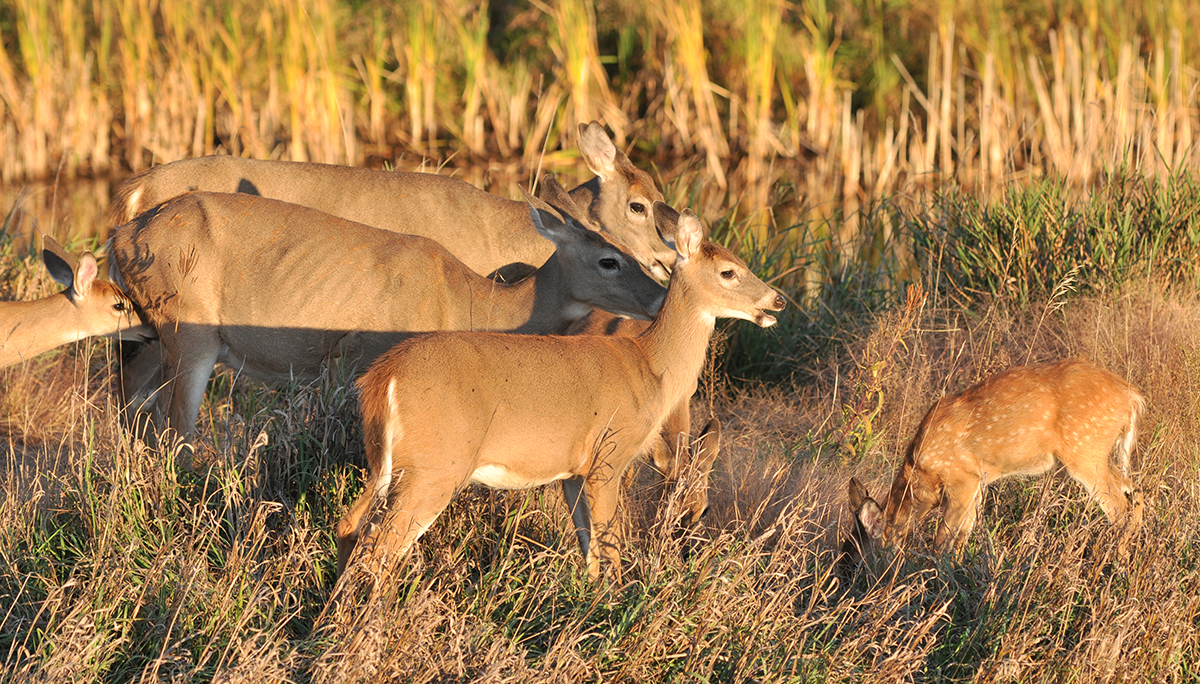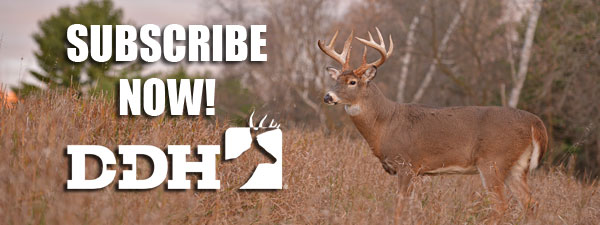After years of complaints from deer hunters in northern Wisconsin about low herd numbers, Republican lawmakers introduced a new bill that would prohibit killing antlerless deer in the Northern Forest Hunting Zone for four years in an attempt to regrow the population. The zone covers about a third of the state.
- This bill would prohibit the DNR from establishing a hunting season on antlerless deer in the Northern Forest Zone.
- This bill would prohibit the DNR from issuing more than two antlered tags per person in the Northern Forest Zone, meaning you only get one tag for a muzzle-loading firearm or a regular firearm. Then, you only get one tag for bow and arrow or crossbow.
- These restrictions would last four years, so after those four years, the DNR can assess the population of deer in the Northern Forest Zone.
Nearly 15% fewer bucks were killed during the November nine-day gun season compared to the five-year average, according to state Department of Natural Resources harvest totals. The doe harvest was also down 27.2% compared to the five-year average.

DNR wildlife officials blame a harsh 2022-2023 winter for the declining population, while hunters maintain that wolves are decimating the herd. Over the summer, a coalition of hunting groups filed a petition to recognize and delist a Western Great Lakes Distinct Population Segment (WGL DPS) of wolves within Michigan, Minnesota and Wisconsin (and areas of adjoining states). The coalition points out that wolf populations have far surpassed U.S. Fish & Wildlife Service (FWS) recovery goals in the WGL region, with the total population now exceeding 4,000 wolves. This includes estimates of 2,700 wolves in Minnesota, 1,000 in Wisconsin, and more than 600 in Michigan. FWS’ original recovery goals for the species was 1,400 for Minnesota and a minimum combined population of 100 wolves for Michigan and Wisconsin together. In all three states, fish and wildlife managers estimate that wolves occupy nearly all suitable habitat throughout their range.
For Reps. Chanz Green, Angie Sapik, Rob Swearingen, Calvin Callahan, and Sen. Romaine Quinn, who introduced the bill on Wednesday, the idea is to preserve as many does as possible in hopes they’ll reproduce, bolster the region’s population, and give hunters more targets in the future.


